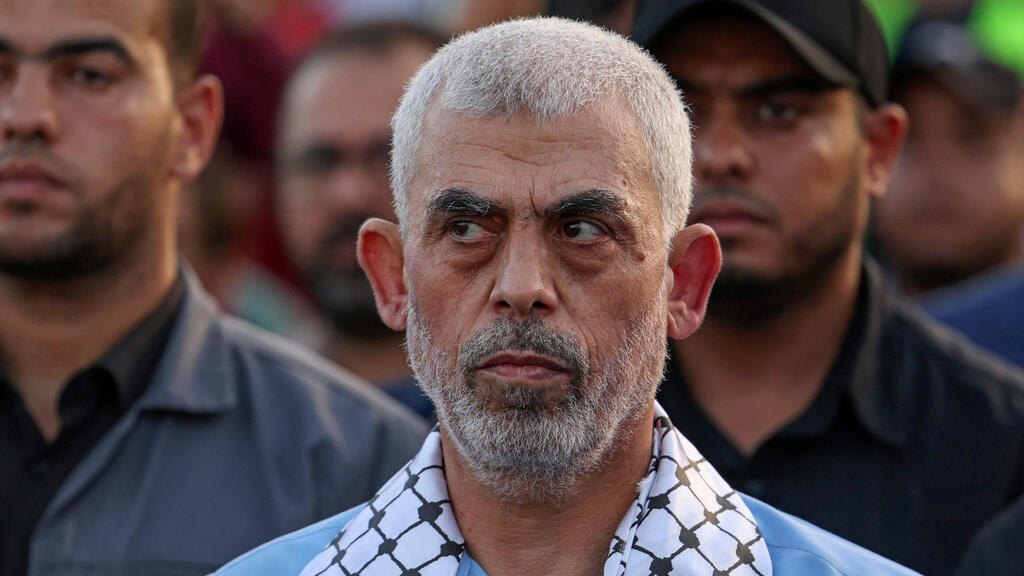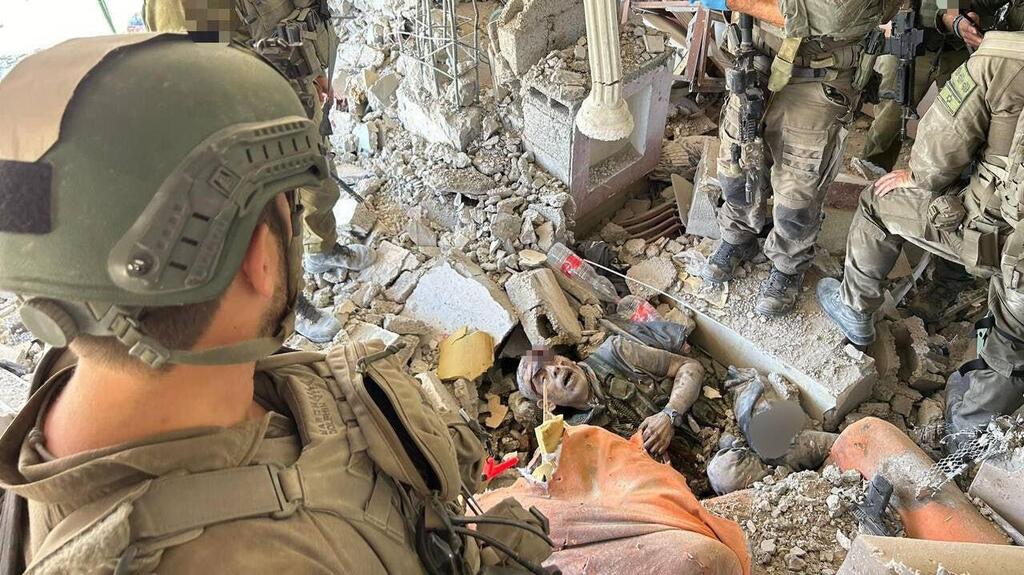Getting your Trinity Audio player ready...
Yahya Sinwar’s dark legacy began with his family’s displacement from Ashkelon (then Al-Majdal Asqalan) during the 1948 war, driven by a desire to fulfill the Nakba's vision. Raised under Israeli control after the 1967 Six-Day War, Sinwar attended school and university, but his hatred only grew. He particularly resented Egypt for its peace treaty with Israel, which he saw as a betrayal.
At university, Sinwar became a disciple of Sheikh Ahmed Yassin, Hamas’ co-founder, whose extremist ideology—advocating for jihad against Israel—shaped Sinwar’s worldview. However, he earned the nickname "Butcher of Khan Younis" not for killing Israelis, but for brutally torturing and killing Palestinians suspected of collaborating with Israel. His enthusiasm for such acts cemented his grim reputation.
In 1988, Sinwar was sentenced to four life terms in Israeli prison for orchestrating abductions and killings of Israeli soldiers and suspected collaborators. He spent 22 years in prison, continuing his reign of terror by torturing fellow inmates. While some described him as fearless and brutal—often killing with his bare hands—others saw him as a coward, manipulating others into violence while keeping himself safe.
During his time in prison, Sinwar learned Hebrew, read Israeli newspapers, and studied the culture, preparing for psychological warfare. He even wrote a novel, "Thorns and Carnations," an autobiographical tale. His stay in Israeli prison came at a significant cost to Israel—$612,000 over 22 years, which included life-saving surgery for a brain tumor by Israeli doctors. Ironically, one of those doctors later pleaded with Sinwar after his nephew was kidnapped by Hamas, only to find out the next day that his nephew had been killed.
The butcher from Khan Younis
(Photo: Hadar Galron)
Sinwar’s brother, Mohammed, was instrumental in the kidnapping of Israeli soldier Gilad Shalit, which ultimately led to Sinwar’s release in the 2011 prisoner exchange. After his release, Sinwar swiftly rose through Hamas’ ranks, seizing power in Gaza by 2017 by eliminating rivals, often via public executions or throwing opponents off rooftops.
One of Sinwar’s early moves as Hamas leader was to cosmetically amend the organization’s charter, replacing the word "Jews" with "Zionists" and "jihad" with "Free Palestine." Yet, his ultimate goal—the destruction of Israel—remained unchanged.
Sinwar kept his personal life largely hidden, but recent footage showed him walking through a tunnel with his wife and children. Rumors of his brutality in his personal life linger, though details remain unclear. He frequently acted independently of Hamas leadership, including launching the October 7 attack without waiting for Hezbollah or Iran to coordinate, choosing to rely on fear. His plans unraveled—Hezbollah didn’t attack, Israeli Arabs didn’t rise up, and Iran stayed out of the fight.
On October 16, 2024, Sinwar was killed by the IDF, marking the end of his violent reign. His plan to destroy Israel failed, and even Palestinians are growing tired of the devastation his leadership has brought to Gaza.
Now, the question is where to go from here. This moment—the fall of the "Butcher"—offers a chance to restore hope and normalcy to the region. It’s time to focus on freeing the hostages. Offering high sums of money to Gazans who return hostages alive could create an incentive for change. With international support, there is an opportunity to help Gazans form a leadership committed to peace and rebuilding alongside Israel. Amid the chaos Sinwar left behind, there is a rare chance to restore stability and dignity.
But we must remember, there are more Sinwars—particularly his brother, who may be eager to continue the violence. One of the promises Israel made after October 7 was to bring the innocent hostages home. These hostages do not receive the privileged treatment Sinwar received in Israeli jail. They are deprived of medical care, food, and held only for the crime of being Jewish.
Noam Dan from the Hostages and Missing Families Forum shared the following after Sinwar’s death: "The elimination of Yahya Sinwar is an important achievement. However, true victory in this war hinges on the return of the 101 abductees still held in Gaza. While Sinwar’s death is a blow to Hamas, it brings mixed emotions for the families whose loved ones remain trapped in Hamas tunnels.
Prime Minister Netanyahu must now act with the same determination and ensure the swift release of the abductees. Sinwar is no longer an obstacle—the responsibility lies squarely with Netanyahu to decide if he will be the leader who abandoned them or the one who brought them home."
Get the Ynetnews app on your smartphone:








